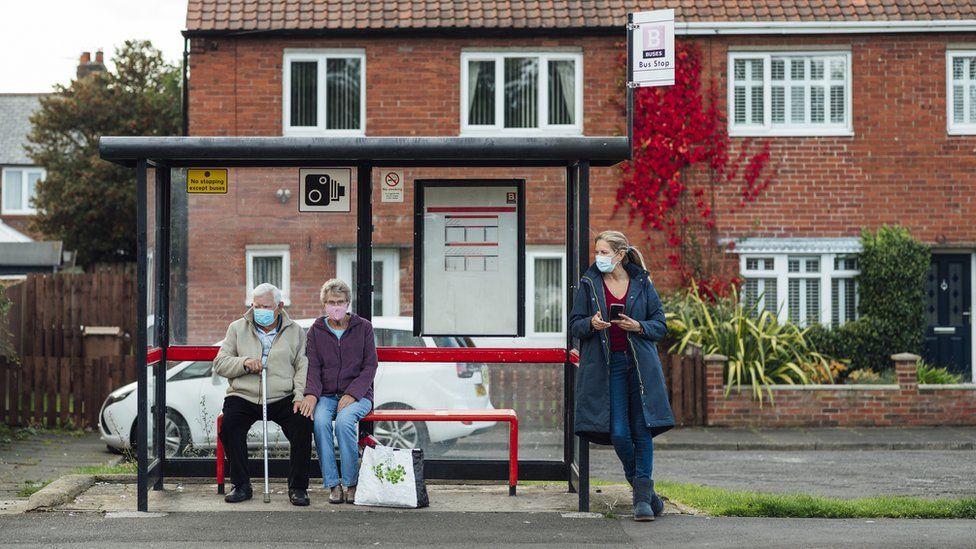
The rising cost of living and squeeze on living standards will not ease until next year, the governor of the Bank of England has said.
Andrew Bailey said many people in the UK faced a “difficult period” ahead.
It comes after the Bank increased interest rates from 0.25% to 0.5% on Thursday and said that it expected prices to climb faster than pay.
Millions of households are also set to pay an extra £693 a year on energy bills from April.
Rising gas and electricity costs are the main factors pushing up prices across the economy.
The Bank has forecast that post-tax incomes are forecast to fall by 2% this year, after taking into account the rising cost of living, which represents the biggest fall in living standards since records began in 1990.
Workers are currently getting pay rises of just below 5% on average, according to a Bank survey.
Mr Bailey warned that people would notice the impact of rising prices in the year ahead.
“It is going to be a difficult period ahead, I readily admit, because we are already seeing, and we’re going to see, a reduction in real income,” he said.
“We’re going to start coming out of it in 2023, and two years from now, we expect inflation back to a more stable position.”
Inflation, the rate at which prices are rising, is expected to peak at 7.25% in April, and average close to 6% in 2022.
That would be the fastest price growth since 1991 and is well above the Bank’s 2% target.
“This is a world of an external prices rising, reducing people’s real incomes,” Mr Bailey said.
He said soaring energy costs were outside of the Bank’s control, but that had “acted” to “prevent things getting worse”.
“This is not a normal situation,” he said. “There are forces in here, particularly things like energy prices. We can’t directly alter those prices.”
He suggested there were “good reasons to believe” that energy prices “will start to ease, not least because they are somewhat seasonal”.
This video can not be played
To play this video you need to enable JavaScript in your browser.
However, Mr Bailey suggested workers should not ask for big pay rises to cope with the rising cost of living, so that prices did not increase out of control.
Asked if the Bank was also implicitly asking workers not to demand big pay rises, he said: “Broadly, yes”.
Mr Bailey said that while it would be “painful” for workers to accept that prices would rise faster than their wages, he added that some “moderation of wage rises” was needed to prevent inflation becoming entrenched.
Mr Bailey was paid £575,538 including pension, in the year from 1 March 2020, more than 18 times higher the median annual pay of £31,285 for full-time employees.
Smaller work force
The coronavirus pandemic and Brexit have both been a factor in the UK’s worker shortages, with job vacancies reaching record highs.
On labour shortages, Mr Bailey said the Bank believed the size of the labour force had “fallen”.
He said that it did have “something to do with migration”, but added he could not say “to what extent that was caused by Covid, and to what extent it was about Brexit, because they have broadly the same effect over the same time period”.
“Both of them have obviously obstructed the flow of labour,” Mr Bailey added.
He said he believed some of the “bottlenecks” around the world which had caused disruption to supply chains for businesses, which had pushed prices up, were starting to ease.
